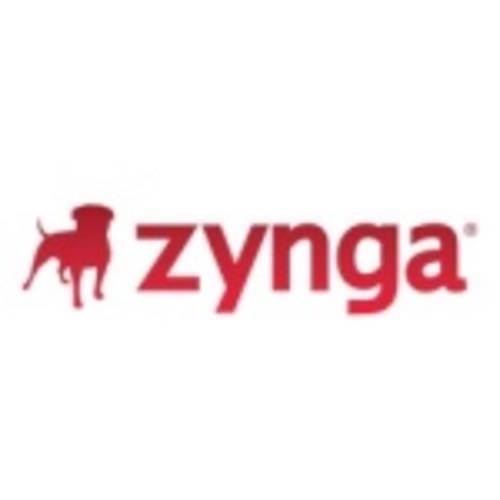Zynga added a 600-plus-pages addendum to its IPO filing yesterday and it turns out that Zynga and Facebook are intertwined so tightly that it is hard to tell where one company ends and the other starts. The best example is two agreements that the companies came to in May and December of 2010 that reveal the depths of the Zynga/Facebook relationship. What it boils down to is that Zynga and Facebook work so closely together that Zynga might as well be the official game-maker for Facebook. Yet, that is not the case nor will it be. It makes one wonder why Zynga is bothering to go public at all as opposed to just being subsumed as a division within Facebook.

Under the developer agreements, Facebook has agreed that it will not make any “Facebook games.” If Facebook does create any games for its site or its platform (including mobile or other Facebook properties), Zynga has the right to terminate the agreement. As Facebook has a relationships with other social game developers, this clause is probably a standard Facebook policy covering any type of gaming. This is a testament to how much Facebook relies on the third-party application ecosystem and Zynga specifically. The more Facebook’s ecosystem grows, the more Facebook grows and Zynga is the primary player in the environment.
That leads into revenue sharing and growth targets between Zynga and Facebook. The developer addendum makes mention of targets and vesting options when Zynga hits certain monthly active user levels but the specifics of the agreement have been struck from the public versions of the document. As reported in the initial filing, Zynga has 146 million unique monthly active users, almost all of them on Facebook, with 232 million monthly active users between all of Zynga’s games.
What is also mentioned is that Facebook and Zynga have a mutual advertising relationship where Facebook helps to provide the ads for Zynga games within the Facebook ecosystem. It is a smart move by Facebook – it helps Zynga advertise games on the platform and split the revenue from Facebook credits used to by virtual goods within the games.
Why Doesn’t Facebook Just Buy Zynga?
There are a variety of reasons that Facebook does not simply absorb Zynga and the addendum sheds light on why. Foremost, it turns out that Google is indeed an investor in Zynga, as AllThingsD points out in its analysis of the addendum, and which TechCrunch reported could be as high as $100 million. Zynga has raised nearly $1 billion in its venture capital rounds and it has a lot of masters to answer to when it comes to an exit strategy. As it stands right now, Facebook gets the benefit of having Zynga under its thumb without having to pay the acquisition cost of buying the platform which, in essence, would be paying off Google (and a multitude of other investors), probably at a significant premium.
At the same time, Zynga keeps its options open for future partnerships across multiple platforms. Google will eventually release an API for Plus (in theory, at least) and would probably like to see developers add on to the platform, games included, the same way they do with Chrome and Android. Hence, it is better for Zynga to go public and have a complicated relationship with Facebook than subsist entirely within the social giant’s ecosystem, precluding its own platform strategies such as with mobile or other social networks.
The developer addendum goes into great length about other types of relationships between Facebook and Zynga, such as what happens when Zynga acquires third-party games, a variety of stipulations on mobile development and acquisition, who owns the data created and so on.
The new details make for an intriguing mix. Investors will certainly weigh Zynga with their wallets come October (or so) when the six-month “quiet period” after filing an S-1 is lifted.










